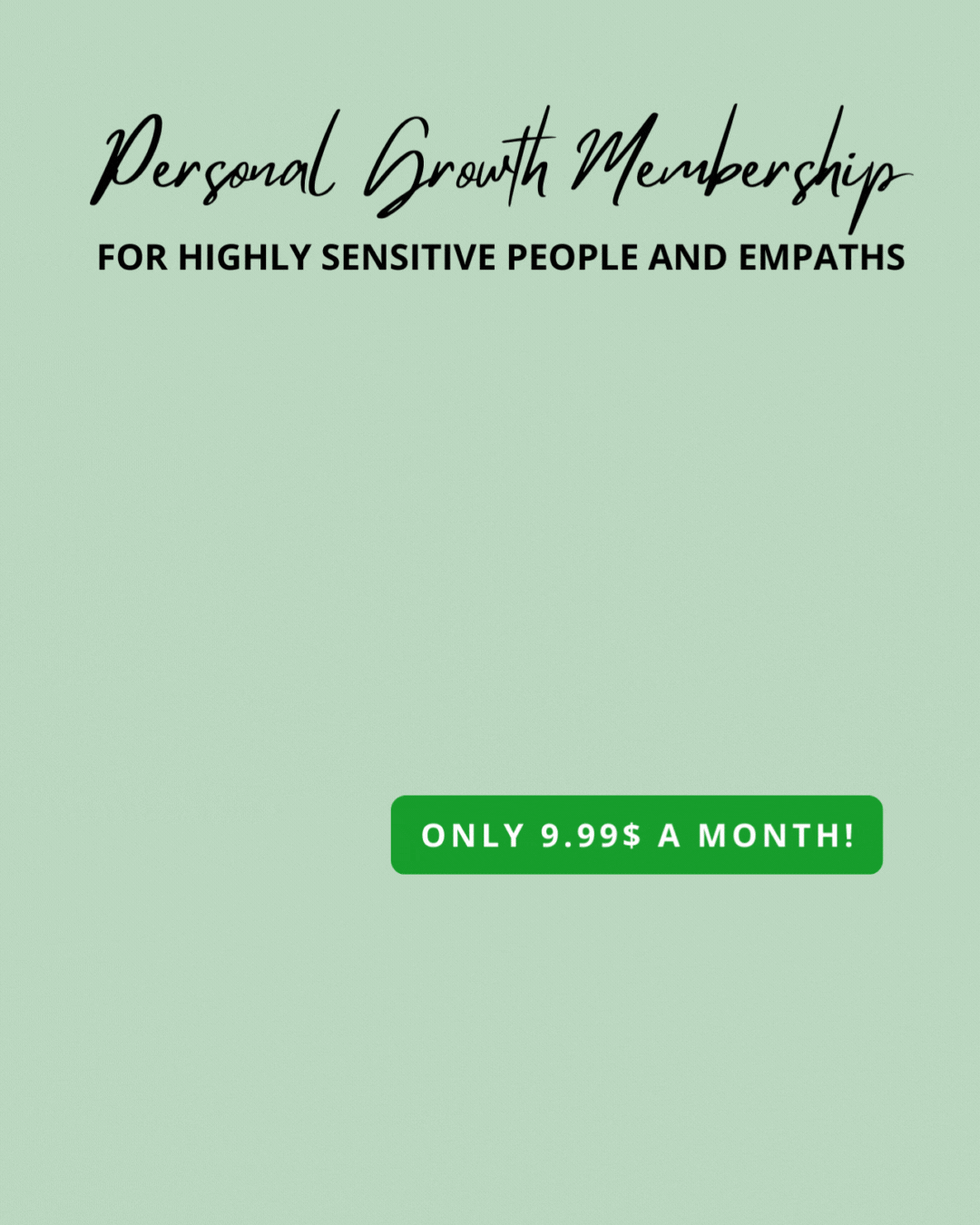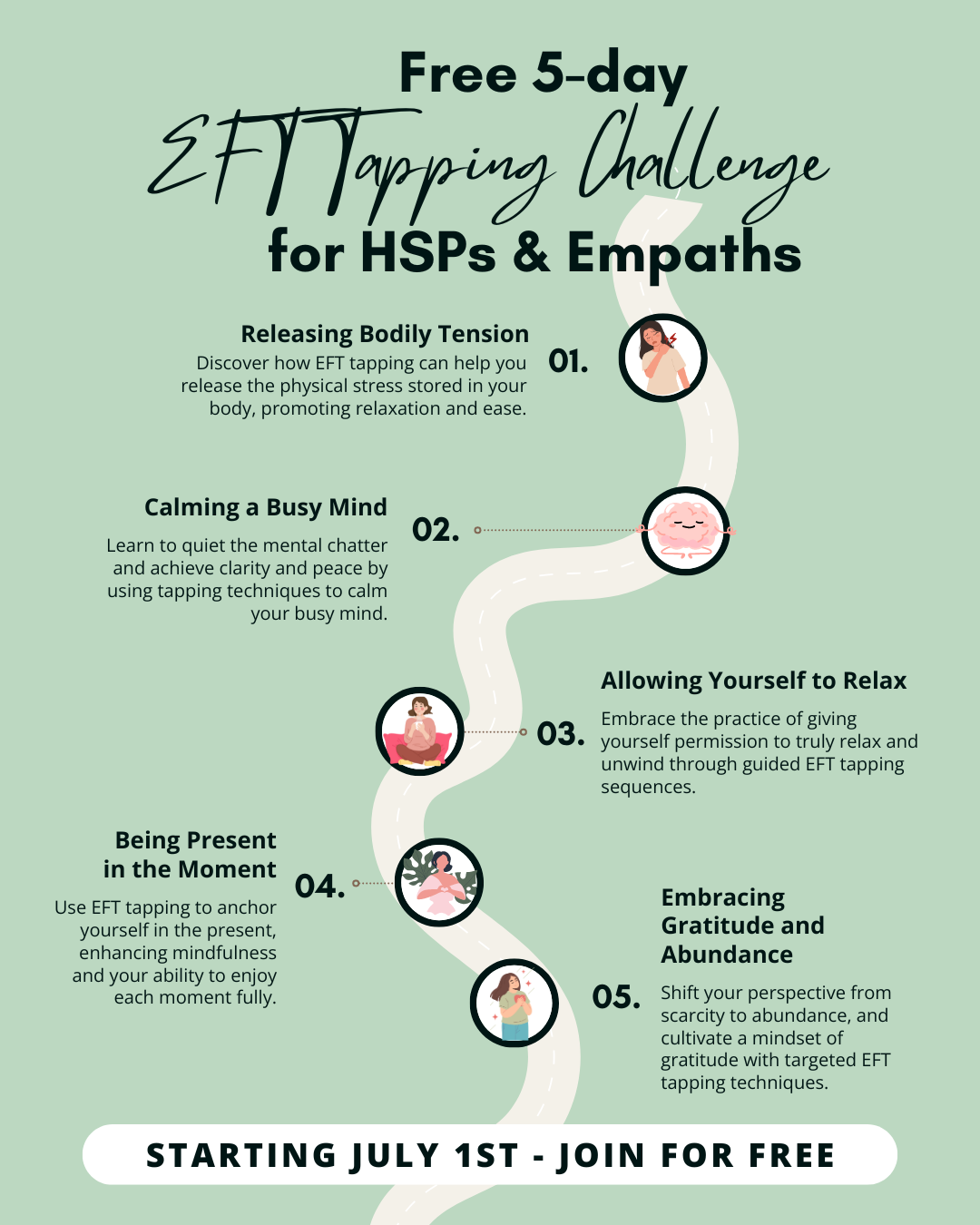Are you feeling unhappy with your partner and wondering whether you’re in a toxic relationship? In this article, guest writer Elizabeth Shields shares 5 typical signs that your relationship is toxic.
Hey there, lovely readers! We want to be completely transparent with you. Some of the links in this blog are affiliate links, which means if you click on them and make a purchase, we may earn a small commission at no additional cost to you. 😊
We only recommend products and services we genuinely believe in and have personally used or researched. Your support through these links helps us keep bringing you valuable content, so thank you for being amazing!
Estimated reading time: 7 minutes
No relationship is a bed of roses in real life. Although efforts are being made to build better relationships, there will be ups and downs and everything in between. But for the most part, a healthy and happy relationship should always make you feel safe, appreciated, respected, and secure.
But when it seems like you’re walking on eggshells, physically and emotionally exhausted from doing things to please people or find yourself at the receiving end of verbal abuses or demeaning remarks that make you doubt yourself and question your self-worth, you’re probably on the other side — a toxic relationship.
Unfortunately, toxic relationships don’t only happen with romantic partners. They’re everywhere — in the workplace, in friendships, and believe it or not, even in your family.
In this article, you’ll learn which signs to watch out for when it comes to being in a toxic relationship.
Here’s What You’ll Discover:
- My Own Experience With Toxic Relationships
- #1 There Is No Give or Take
- #2 You Begin to Doubt Yourself and Lose Confidence
- #3 You Struggle to be Yourself Around Them
- #4 Utter Disregard for Personal Boundaries
- #5 You Don’t Have Your Own Space, Literally and Figuratively
- Toxic Relationships Are Not a Life Sentence; There’s Always a Way Out
My Own Experience With Toxic Relationships
As a child, I always felt like a misfit. I felt that I couldn’t do anything right. Everything I did was enough to make a loved one think less of me or, sometimes, explode in anger. And who could blame them? It was my fault, and they had all the valid reasons to do what they did. I should have never done this or that, said this or that to upset them. Or perhaps I could have done better in school, could have been more special.
I was led to believe that they were only doing it out of love, disciplining me, and motivating me to aim higher and never rest on my laurels. So, I did everything I could to excel in school and later in life. I gave as much as I could and helped as much as possible, but they were still unhappy. Yet, I still got hurt. I still wasn’t special.
It was refreshing to discover and be a part of loving relationships that did not subject me to that kind of pain as an adult. This enlightening revelation led me to unpack and process my emotions.
As part of my healing process, I wanted to know more about a toxic relationship and the warning signs to look out for, so I never have to go through that again. Here’s what I learned:
#1 There Is No Give or Take
Toxic relationships often involve a power struggle, and you always find yourself at the losing end of things. You give everything but get nothing but the bare minimum. On the other hand, a toxic person or relationship feels entitled. He or she takes and takes without being willing to give anything in return. They make you feel responsible about their needs and guilt-trip you.
No matter how much you love someone, sorry to break it to you, but it’s not worth it. It traps you in a vicious cycle that’s impossible to keep up with. This cycle will leave you feeling drained, burnt out, miserable, and resentful.
#2 You Begin to Doubt Yourself and Lose Confidence
A healthy relationship empowers you, lets strengths shine, and brings out the best in you, but also lets you know it’s okay to make mistakes and mess up sometimes. On the flip side, a toxic one fosters a feeling of worthlessness, shamefulness, insecurity, and powerlessness. They often make this happen by:
Purposefully Saying (or not Saying) Things That Make You Feel Insecure
They undermine everything you say, refuse to acknowledge excellent ideas if they come from you, invalidate your achievements, or call you names designed to make you think little of yourself (i.e., loser or stupid).
Isolating You and Preventing You From Discovering Your Potential
Your journey to become self-reliant is put on a pause or worst, to a complete stop. This is because codependency is very common in toxic relationships. Sometimes out of the guise of being overprotective, a toxic partner will discourage you from getting a job, learning to drive, traveling on your own, and meeting new friends. They want you to become entirely reliant on them and make you think that you cannot survive without them. Parents who overstep and impress their influence on your decision-making as an adult are also considered toxic.
Gaslighting
Doubting yourself can also result from gaslighting, a particularly insidious form of manipulation and a classic sign of a toxic relationship. It is designed to make you second-guess yourself, feel like you’re at fault, or deserve the bad things happening to you. It can also lead you to think that there’s nothing wrong, that you’re crazy, exaggerating things, or blowing everything out of proportion. For example, when you attempt to open up about how you feel, a toxic person can say, “I never said that,” “That never happened,” “Stop being a drama queen,” or “If you cared about me, you would…” or, “So and so thinks you’re crazy, too.”

#3 You Struggle to be Yourself Around Them
Toxic relationships are very controlling. You have to measure up to set expectations, become a people-pleaser, and watch out for ticking bombs that can explode when things don’t go their way. It’s impossible for you to feel safe to let your guard down and just be you in all your fullness and glory.
If you feel uptight, uncomfortable, anxious, or feel that you need to pretend to like or be a different kind of person around someone. Your instincts may be giving you a glaring red flag about your relationship with them.
#4 Utter Disregard for Personal Boundaries
A healthy relationship includes boundaries that communicate your individual values and expectations of how you want to be treated. There are simple communication habits that can effectively improve relationships. Boundaries show the limits of what you are willing to do, say or give without compromising your physical, mental, financial, or emotional well-being. They are your first line of defense against potential manipulation and abuse.
Boundaries can be complex or straightforward and vary from person to person and situation. Here are some examples to give you an idea.
- Not taking work-related calls on weekends or after shifts.
- Preferring not to discuss personal matters with your colleagues.
- Tell your partner you’re comfortable kissing but hope to take things slow with physical forms of intimacy.
- Refusing to be contacted when you’re at work so you can focus.
- Not sharing email and social media passwords with your partner.
- Not reconnecting or communicating with toxic relatives and family members.
- Saying it’s not okay to drop by unannounced to friends.
- Being open to mature arguments but not tolerating aggressiveness, such as yelling, name-calling, or cursing.
Toxic people are notorious for disrespecting boundaries. They do not accept no for an answer and will do everything they can to make you change your mind or feel guilty when you stick up for yourself.
#5 You Don’t Have Your Own Space, Literally and Figuratively
Instead of celebrating individualities and what makes each other unique, a toxic relationship often results in losing sight of oneself, being a shadow of the more dominant partner, and taking up no space for your personal passions or possessions.
This can happen literally and figuratively. You can find yourself in a cluttered home amidst the chaos of things that were never really yours. For example, you’re an artist or a musician but unable to paint or make music anywhere in your shared space because you constantly accommodate your partner’s needs. Maybe they don’t like the mess or the “noise.”
It can also mean forgetting about the person you once were. Living co-dependently and staying in a toxic relationship for so long, maybe you have given up on your own beliefs, dreams, or even simple preferences.
Toxic Relationships Are Not a Life Sentence; There’s Always a Way Out
Whether at work, with friends, romantic partners, or with parents, I encourage you to be strong and find the courage to stand up for yourself. Take these baby steps to move on and steer clear of all forms of toxic relationships.
- Distance and protect yourself from toxic people and situations.
- Be firm about your personal boundaries.
- Know when to pack your bags and call it quits when your boundaries are constantly disrespected.
- Practice self-care and self-love; you deserve it.
- Do not hesitate to seek professional mental health care and support.
- If you are in a physically or sexually abusive relationship, please call the National Domestic Violence Hotline at 1-800-799-7233 (SAFE) or 1-800-787-3224 (TTY). Call 911 if you are in immediate danger.
If you recognize these warning signs and feel that you are in a toxic relationship, know that you don’t have to hurt and suffer. Whomever you are and whatever you’ve gone through in life, know you are worthy of being loved and all the good things in life and more.








